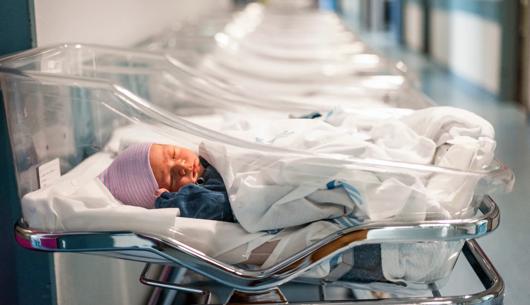LPS - it's out - what do you need to know? Part 2: the most significant changes
This on-demand session considers some of the most significant changes to the Code.
The much anticipated draft Mental Capacity Act Code of Practice and Regulations, including the Liberty Protection Safeguards (“LPS”), has arrived.
On 24 May we discussed the key proposed changes to the draft Code of Practice and Regulations.
This session will consider some of the most significant changes to the Code, including:
- the “flipping”/changing the order of the capacity test
- further guidance on decisions relating to individuals with fluctuating capacity
- additional guidance about when care arrangements will not amount to a deprivation of liberty, and when cases should be referred to the Court of Protection.
The session also provided some insight on the draft Regulations, which will underpin the new LPS system. Rebecca Fitzpatrick (Partner and Head of the National Advisory and Inquests team) hosted the session alongside Julia Catherall (Senior Associate, Manchester).
Speakers

Julia Catherall
Principal Associate
Julia is a senior associate based in Manchester, specialising in mental capacity, mental health and social care. She offers national support on a wide range of healthcare matters.
julia.catherall@brownejacobson.com
+44 (0)330 045 2729

Rebecca Fitzpatrick
Partner
Specialises in all aspects of mental health and general healthcare law. Vast majority of practice that leads to court involvement is in the Court of Protection (mental capacity issues), the High Court (complex treatment cases, eg involving children), the Administrative Court (judicial review, human rights and community care issues) and the Coroner’s Court.
rebecca.fitzpatrick@brownejacobson.com
+44 (0)330 045 2131




































